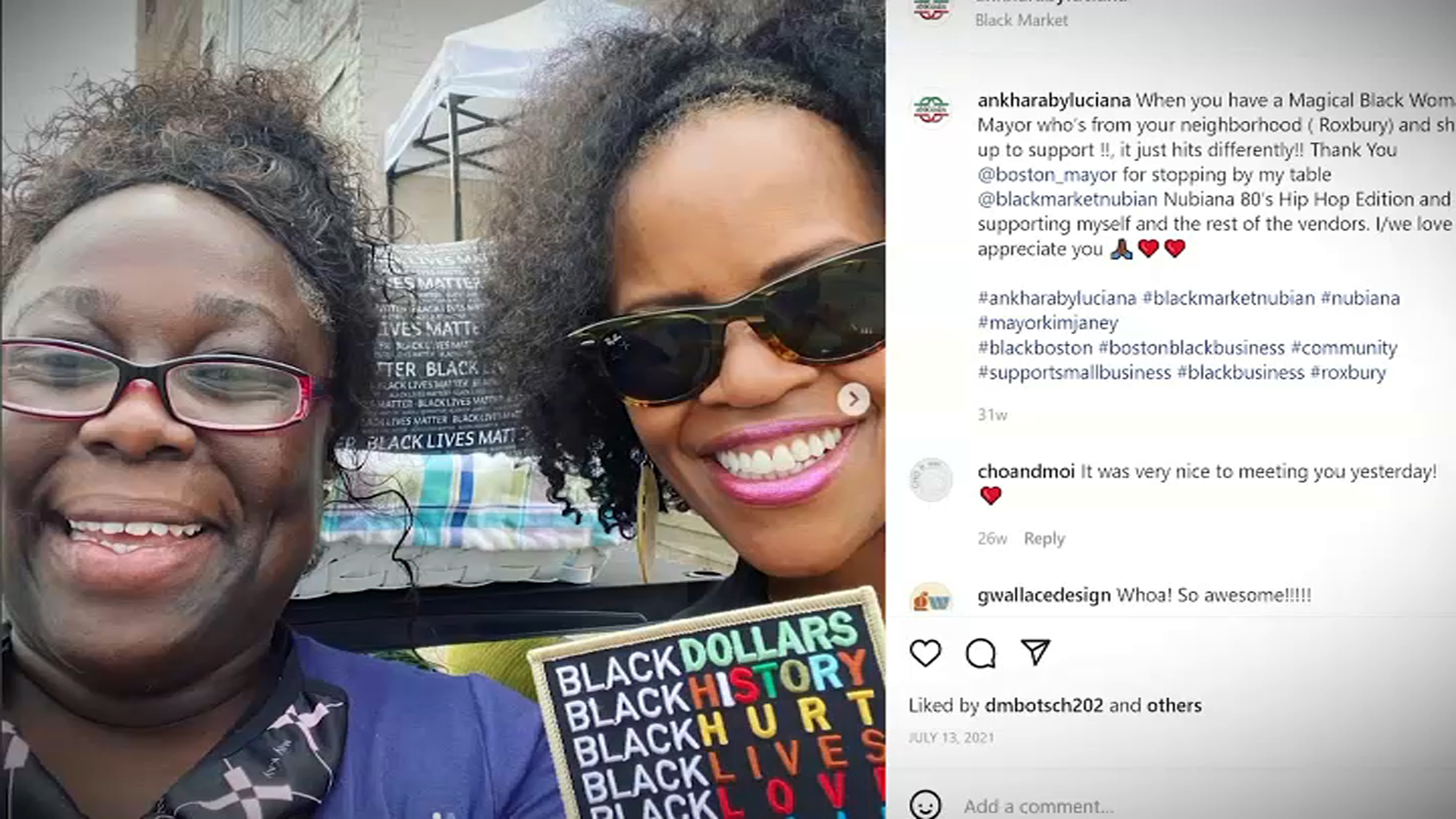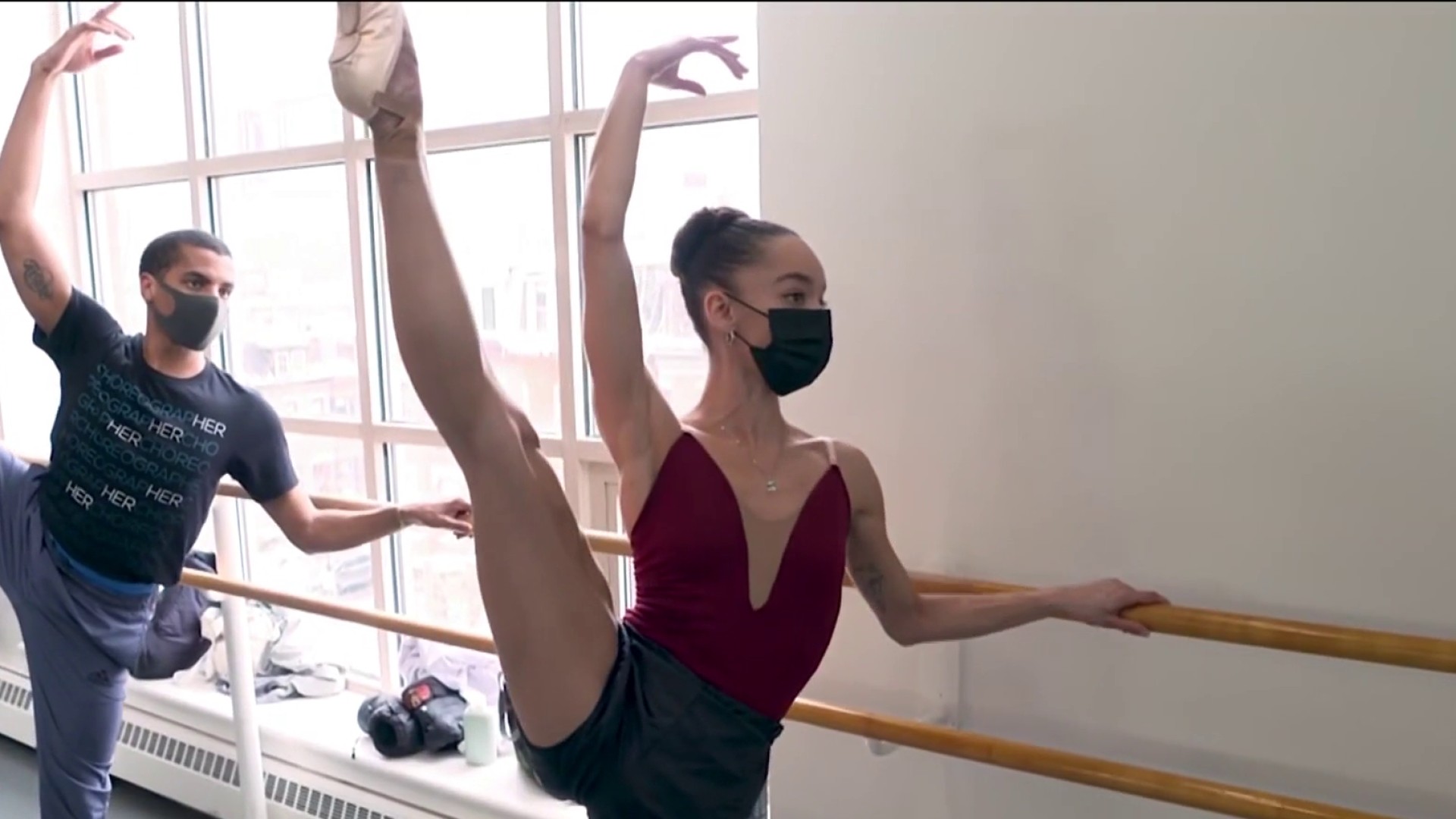When it comes to building businesses many Black and brown Bostonians have run into persistent barriers. These obstacles are often related to access to capital and connections.
In "A Seat at The Table" we explore how these struggles affect neighborhoods in communities of color. We look at liquor licenses and city contracts. We’ve also got conversations with people working to make change as well as some who have benefitted from programs that are designed to help create more equity in the city.
Why is it so hard to get a liquor license?
For many Black Bostonians, it has been a huge struggle to obtain a liquor license. According to the Boston Black Hospitality Coalition, fewer than 10 of the city’s unrestricted licenses are owned by Black men and women.
"On Blue Hill Avenue, from Dorchester, all the way up to Milton, we only have one venue that has a full alcohol license," said Nia Grace, owner of Darryl’s Corner Kitchen + Bar and founder of the Boston Black Hospitality Coalition.
"Mattapan is one of the largest neighborhoods in the city of Boston… and it has zero sit-down restaurants with full service."
Grace said Roxbury has only about four licenses.
The issue is a priority for Boston Mayor Michelle Wu. Her Chief of Economic Opportunity and Inclusion Segun Idowu said, “when you go to any other city that has a vibrant and thriving neighborhood, its restaurants and bars have full liquor licenses. And if our neighborhoods don’t have access to that, they cannot be destinations and they can’t thrive or be vibrant even for their residents.”
City Contracts: First he sued the city, now he's charged with finding solutions
Before he became Boston’s Chief of Economic Opportunity and Inclusion, Segun Idowu led the Black Economic Council of Massachusetts (BECMA).
In that role, he filed a civil lawsuit against the city over a disparity study which found that Black-owned firms received just 0.4% of city contracts. Based on the work and firms available, just 3.6% of Black-owned firms qualified for the contracts.
"Some of these contracts are too big. There’s no small business that can take on a $100 million contracts in the city."
Idowu said they are looking at breaking down the contracts, implementing a citywide buying plan (right now there are 40 different procurement processes) and providing more online support.
"Boston will never be what it can be if we have pieces of our community that are lagging behind."
His focus is threefold: neighborhood revitalization; workforce development; and talent retention.
What works to support businesses and business owners?
In Boston’s communities of color, entrepreneurs have found help from mentors, bankers and non-profits.
Anita Kurl Salon owner Kandace Cummings says “I found that it’s actually become more beneficial to be a Black or brown owned business.”
She said throughout the COVID crisis, city leaders wanted to make sure small businesses survived. She’s also joined The Business Equity Initiative, part of the Foundation for Business Equity. Now she is working with a mentor, aiming to bring her business to the next level, creating more jobs and wealth in the community.
Judene Williams manages the Eastern Bank branch in Roxbury Crossing. She develops banking relationships with her clients.
"I’m helping someone and changing lives." And her branch is among the fastest growing at Eastern.
To learn more about our featured businesses and programs
FOOD FOR THE SOUL - Home (bostonfoodforthesoul.com)
Technical Assistance | Boston.gov
Darryl's Corner Bar & Kitchen - Roxbury / South End, Boston, MA (dcbkboston.com)



